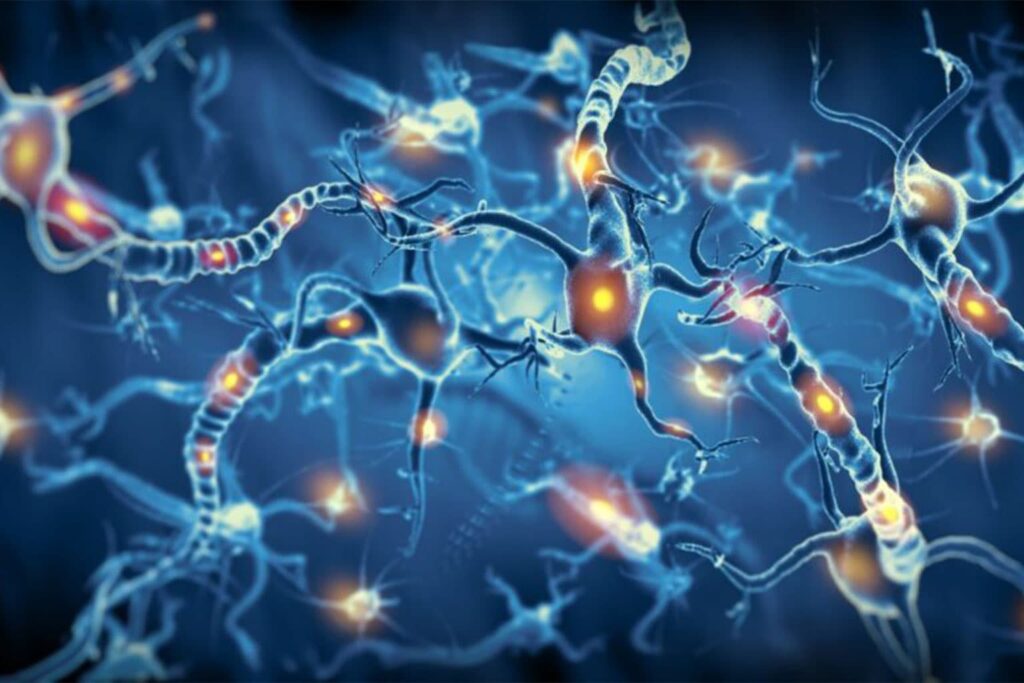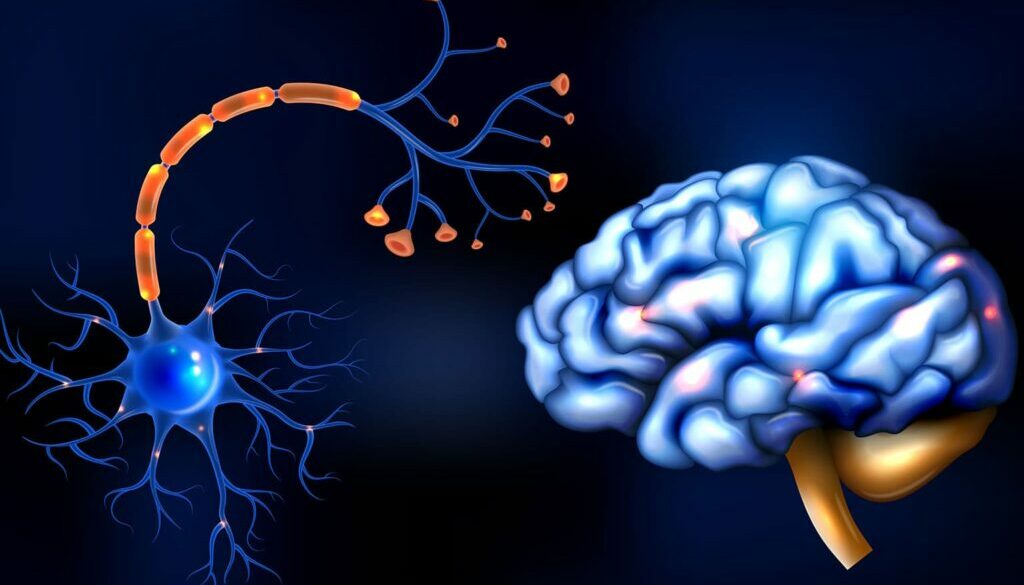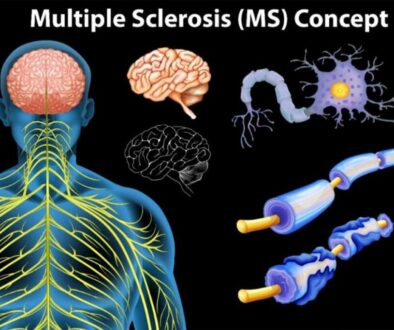Diabetic Neuropathy
What is Diabetic Neuropathy?
Diabetic neuropathy is a nerve disease that diabetic patients are prone to. It results from damage to the walls of the tiny blood vessels that nourish the nerves brought on by high blood sugar levels. This condition mostly affects nerves in the feet and legs. It is indeed a serious and complicated disease. However, a balanced and healthy lifestyle, as well as consistency in managing blood sugar levels, can help to slow its growth.
Do not be concerned as treatments and medications are now accessible for this condition. If you suffer from this ailment, visit our highly experienced Specialist Neurologist at Lifeline Clinic in Karama. After a complete examination and diagnosis, our doctor will recommend the best treatment plan to reduce the symptoms of diabetic neuropathy.

Types of Diabetic Neuropathy:
Diabetic neuropathy is classified into four categories. They are peripheral, autonomic, proximal, and focal neuropathy. The signs and symptoms develop gradually.
Peripheral Neuropathy:
This kind typically affects the feet and legs. The symptoms experienced by patients are burning, tingling, numbness and pain. Damages on the outside of the brain and spinal cord cause this illness. The peripheral nervous system is one of the significant systems in our body which is responsible for transmitting signals and information from your brain and spinal cord to the rest of your body. Furthermore, these nerves also send signals to our central nervous system. Although diabetes is the most prevalent cause of this condition, other causes like infections, hereditary factors and traumatic injuries can also be the reason. Nonetheless, as previously said, proper diagnosis and medications can minimize the discomfort and pain associated with this illness.
Autonomic Neuropathy:
Autonomic Neuropathy mainly has an impact on the digestive tract. Besides, it can also harm the blood vessels, urinary system, and sexual organs. Patients with autonomic neuropathy experience nausea and vomiting, as well as bloating, constipation and diarrhoea. However, if it affects the blood vessels or sex organs, the symptoms would otherwise be different. Dizziness, low blood pressure, and rapid heartbeat, for example, if it affects the blood vessels, and erection and vaginal lubrication difficulties if it affects the sexual organs.
Proximal Neuropathy:
Subsequently, proximal neuropathy is a type of diabetic neuropathy that affects the proximal nerves. These nerves are in charge of movement and sensation in the legs, hips and buttocks. Some symptoms of this condition are discomfort and pain in the hips, thighs and buttocks. Others could also experience weakness in their legs. Further frailty or difficulty can occur while standing up, walking and climbing stairs.
Focal Neuropathy:
Finally, focal neuropathy is a type of nerve injury that affects one or more nerves in the head, torso or leg. Muscle weakness, numbness, discomfort, and sensory changes are all possible symptoms. Additionally, indications like eye pain, double vision, and paralysis on one side of the face may also develop in certain people. This kind of neuropathy can be unpredictable and agonizing. The reason for this condition is frequently unknown. However, diabetes, infections, and other medical disorders can be the possible causes.
Can Diabetic Neuropathy be Reversed?
Diabetic neuropathy, unfortunately, cannot be reversed. However, do not be concerned; this is a common illness that can be dealt with and controlled in a variety of ways. Some pointers for easing diabetic neuropathy symptoms include doing a routine self-examination of your legs and feet for wounds or injuries, adhering to your Neurologist’s prescriptions, treatment & medications, and managing blood glucose levels.
Treatment and Medications:
In conclusion, treatment and lifestyle modifications can be used to manage and reduce the effects of diabetic neuropathy . Some of the treatments for this condition include antidepressants such as amitriptyline and nortriptyline, anticonvulsants such as gabapentin, analgesics such as ibuprofen and naproxen, and capsaicin cream for mild to moderate nerve pain.
In addition to medications, lifestyle adjustments can help improve diabetic neuropathy symptoms. These include regular exercise, a daily nutritious diet, giving up smoking, and maintaining steady blood sugar levels. Physical therapy may also help to improve balance, strength, and stamina.

Contact Us:
Feel free to drop by Lifeline Medical Clinic in Karama for treatment advice from our Specialist Neurologist. Diabetic neuropathy is only a medical condition. Even though diabetic neuropathy cannot be reversed, we can still reduce the symptoms and pain with the right care and medications.
For more information or questions, please contact us at 043343263 / 0585526369.



